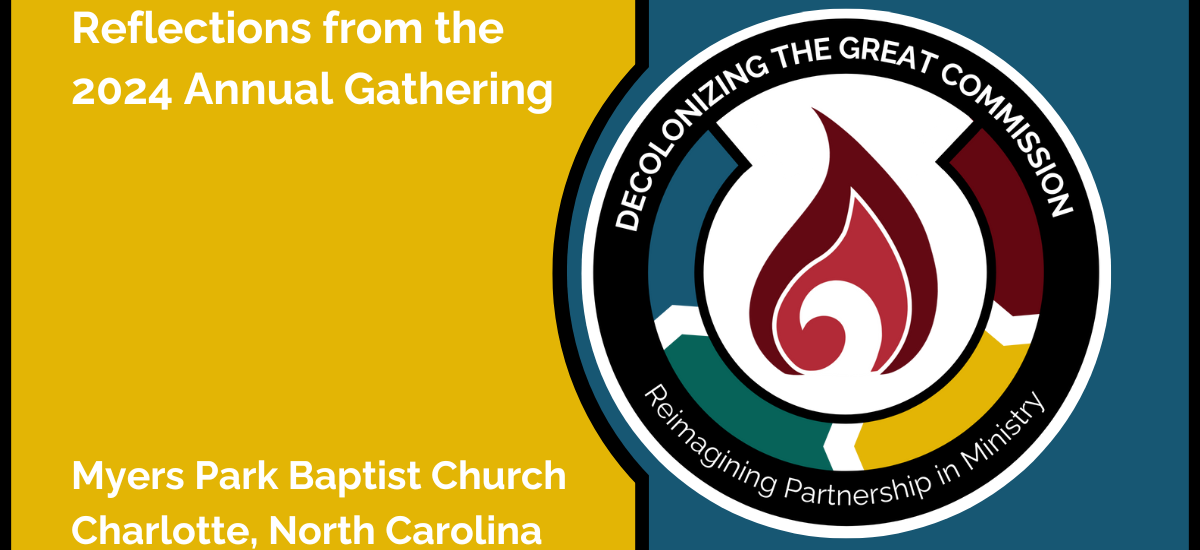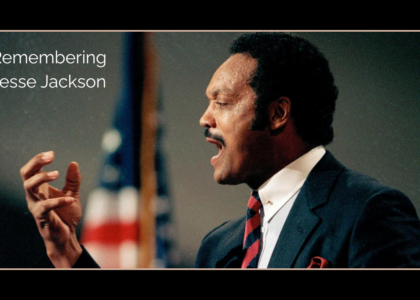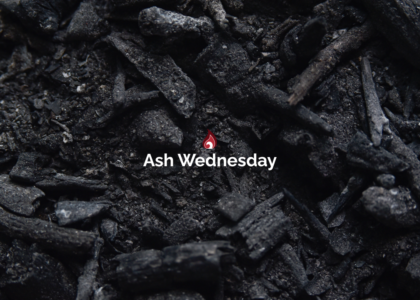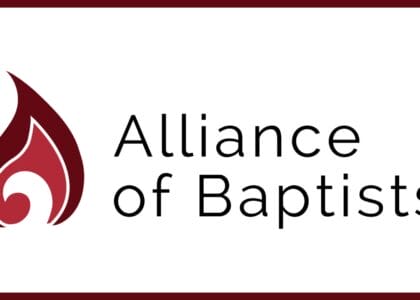By Mahan Siler
I’ve been invited to step back, reflect on the long 37-year arc of the Alliance history and share what I see. From our beginning you, the Alliance, has been my “tribe,” my extended family of faith. I am one elder privileged to offer a point of view. I hope there will be other elders invited to do the same. I was able to attend and absorb the Saturday of our recent Annual Gathering in Charlotte. I looked around at those who gathered—interracial, two generations behind my generation, voices from international partnerships, depth in the Word proclaimed, depth in the Word embodied—and I felt Wow! The Alliance has become what those of us from the early years could never have imagined. In preparation for these comments I have revisited our covenants, the original one and subsequent revisions.
The strength of the Alliance, in my estimation, is our capacity to self-define in community, that is, within our relationships to keep discerning what is our unique niche in God’s movement of love as mercy, healing and justice in the world. In this review I could hear the echo from Jesus’ call, the Spirit’s anointing to “bring good news to the poor. . .proclaim release to the captives and recovery of sight to the blind . . . let the oppressed go free and proclaim the jubilee movement of economic justice.” (Luke 4: 18,19) Similarly, I hear in our covenants “the calling of God to all peoples to repentance and faith, reconciliation and hope, social and economic justice” . . . “we are called to claim our identity within the body of Christ in the world” . . . “to follow the radical way of Jesus” . . . “to dismantle systems of white supremacy, patriarchy, and abusive power, raise prophetic voices for liberation and justice . . . break down barriers that divide us from each other and creation.” The consistent thread throughout Alliance history is the willingness to lean into the risky, imperfect, often controversial work of responding to this Call.
These prophetic moments in our arc appear to me as a red line, colored red because each one brought with it the loss of interest and often the loss of membership and money. These moments include— women equally called to pastoral leadership; inclusive language in worship; missions redefined as partnerships; affirmation and welcome to LGBTQIA+ persons in our midst and beyond; interfaith relationships; public confession of our denomination’s roots in the soil of the oppression of Black lives; partnering congregations, first in Cuba, then expanded to include Brazil, Mexico, Zimbabwe and the Republic of Georgia; dismantling our racism, seeing and confronting our externalized and internalized whiteness; and, for us of European lineage, acknowledging, then undermining our colonizing mind. I feel particular gratitude around these last two. During most of my years as an Alliance member I have seen our work for racial justice and international partnerships as “out there” in the world. Now I see this as inner work, “in here,” in me.
When we went public—“raising the flag,” it was called—we had no idea who might salute. Within only a few years the rubber band that kept us connected to the SBC stretched until it snapped without a bang. With more pride than humility we declared our vision. Ever since we have been on the edge of praying, “God, we thank you that we are not like” . . . these other Baptists, and later, these other Christians.” In that parable of Jesus, we know who goes away heard and blessed by God. This pride, wherever it lingers among us, may still be our “shadow.”
The current Alliance leadership has challenged me and my ilk to “see” racism and colonizing behavior as bleeding, soul wounds on our backs, requiring, therefore, mirrors held up by others to see them. Alliance leaders, with clarity, courage and compassion, have held up the mirrors for me and others to see, feel, confess, keep learning in our movement toward healing. My review of our arc retrieved another awareness. Yes, wisely we began with covenantal definition. But in our months prior to our founding covenant I remember someone asking, “what are we saying ‘no’ to?” The “yes” in our covenant was fueled by the “no” we were experiencing. As an example, we declared in our covenant a clear “no” to the Southern Baptist Convention’s growing “yes” to the inerrancy of scripture. With no lack of chutzpah we offered to other Southern Baptists, the largest denomination in the nation, another Baptist way of being church. When we went public—“raising the flag,” it was called—we had no idea who might salute. Within only a few years the rubber band that kept us connected to the SBC stretched until it snapped without a bang. With more pride than humility we declared our vision. Ever since we have been on the edge of praying, “God, we thank you that we are not like” . . . these other Baptists, and later, these other Christians.” In that parable of Jesus, we know who goes away heard and blessed by God. This pride, wherever it lingers among us, may still be our “shadow.”
I note another awareness. Doing justice work is exhausting. Walter Wink, in the final section of his book, Engaging the Powers, Discernment and Resistance in a World of Domination, writes, “We are not easily reduced to prayer. . . The struggle against injustice has exacted from us an awful cost.”1 Then, he references these words of Albert Camus, “For violence and hatred dry up the heart itself; the long fight for justice exhausts the love that nevertheless gave rise to it.” From re-reading the Alliance covenants I looked for our heart’s capacity to sustain the radical Love that called us in the first place. I was drawn to the last words of our most recent covenant revision, “We seek to live in joy, humility, and gratitude, welcoming the realm of God.” Interestingly, we also find “humility” in the last phrase in what may be the favorite Alliance text: “To do justice, show mercy and walk humbly with God.” (Micah 6: 8) I’m imagining what if the last becomes what’s first. What if in the Micah text, we start with “walking humbly with God,” then “mercy,” then “doing justice,” knowing that it’s prayerful walking where true humility is born? What if “being reduced to prayer” was our first admission, knowing that the more prophetic the work, the more radical the spirituality must be? What if we kept before us in our Alliance thinking, in our committee meetings and in our collective gatherings the final words of our last revised covenant, “seeking to live in joy, humility and gratitude, welcoming the realm of God”?
I am grateful for this opportunity to offer these reflections. Know that what I see in the arc of our history succeeds if it stimulates and even clarifies what you see. Dag Hammarskjold, UN Secretary-General in my day, offers a last word that captures my spirit: For all that has been, thanks! For all that shall be, yes!
- Engaging the Powers, Walter Wink, p.297, (Augsburg Fortress, 1992) ↩︎

Mahan Siler lives in Asheville, North Carolina, with his wife, Janice. He is a graduate of Vanderbilt University, Southern Baptist Theological Seminary and among the founders of the Alliance of Baptists. Mahan served two Alliance congregational partners over his several decades in vocational ministry, including Ravensworth Baptist Church, located in the suburbs of Washington, D.C., and Pullen Memorial Baptist Church, Raleigh, North Carolina. He has served as a spiritual mentor to many members of the Alliance.





Thanks Mahan for expressing beautifully
the beating of our hearts at the last convening of the Alliance.
Jim S